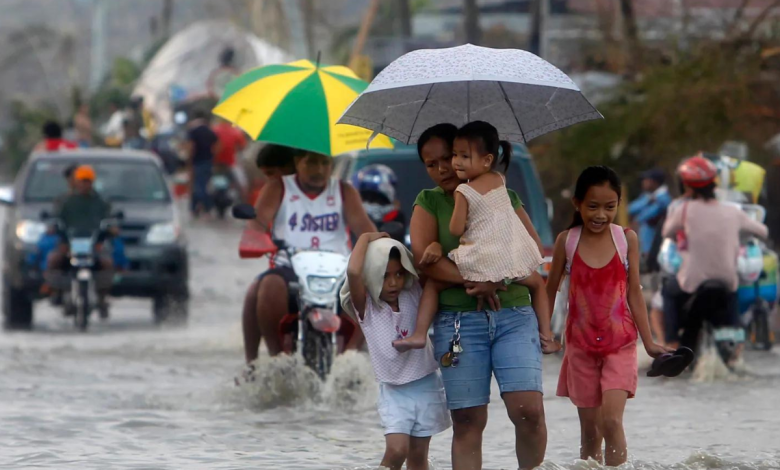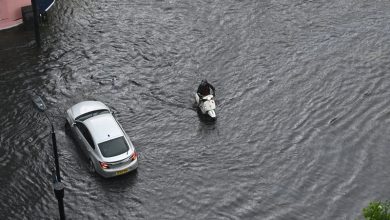What Is Climate Change?

The term “climate change” has been trending in recent years. Climate change occurs because of shifts in temperatures and weather conditions. Some shifts in weather patterns can be natural, while some shifts can be erupted due to human activities. Climate change can affect the lives of people on earth.
Since the 1800s, human activities have caused shifts in weather conditions. According to the United Nations, the burning of fossil fuels like coal, oil and gas have caused climate change.
Human activities – the main driver of climate change
Burning fossil fuels can cause global warming. Burning fossil fuels release large amounts of carbon dioxide and greenhouse gas into the air, which can trap the sun’s heat and increase temperatures.
Reportedly, carbon dioxide and methane cause climate change. When people use gasoline for driving a car, it creates air pollution, including nitrous oxides. Nitrous oxide is a major contributor to climate change through emission of carbon dioxide. According to the United States Environmental Protection Agency, globally, around 40 percent of total nitrous oxides emissions come from human activities.
Clearing land and cutting down forests also release carbon dioxide, which can be harmful for the environment. Reportedly, agricultural activities like stubble burning and rice paddy cultivation also cause greenhouse gasses. Agricultural activities are also the major sources of methane emissions.
In 2020, the People’s Republic of China, the United States, India, the European Union, Indonesia, the Russian Federation, and Brazil accounted for half of all global greenhouse gas emissions.
The effects of climate change
Climate change can affect the usual balance of nature. Changes in weather patterns pose risks to human beings. Fossil fuels – coal, oil and gas – already account for over 75 percent of global greenhouse gas emissions. Fossil fuels also account for 90 percent of all carbon dioxide emissions.
Climate change can cause severe storms across the world. More heat in the atmosphere can raise wind speeds in tropical storms, leading to severe storms.
According to a NASA study from late 2018, climate change increases the number of extreme storms. The air gets warm due to climate change, leading to more intense rainfall and storms
Climate change can also increase drought. Warmer temperatures enhance evaporation, which can exacerbate droughts. Higher air temperatures can encourage drought conditions across the world.
According to a recent study, climate change also affects fish species. According to climate scientists, many species are shrinking in size due to the effects of climate change. North Atlantic fish are becoming smaller in size, while pelagic fish are increasing in size.
According to the National Wildlife Federation (NWF), a rise in water temperature affects marine wildlife.
In the long run, climate change can affect the health of humans, their ability to grow food, their housing, safety and work life. People living in developing countries can face numerous effects of climate change.
The United Nations also warned that the number of “climate refugees” can increase because of the effects of climate change.



